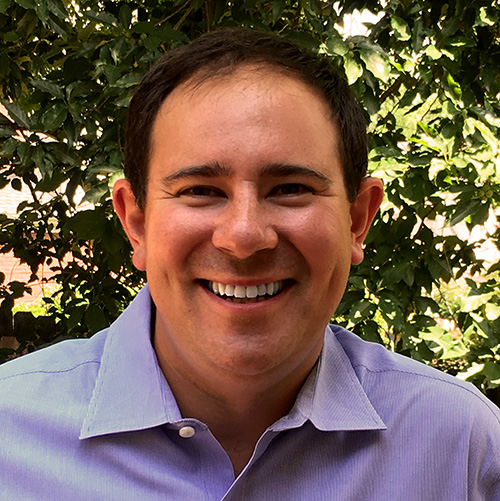Andrew M. KazamaDirector of Undergraduate Research, Associate Teaching ProfessorResearch Associate, Emory National Primate Research Center, Division of Developmental Cognitive Neuroscience
Biography
Dr. Andy Kazama was born in Juneau, AK. He grew up on his family’s fishing lodges where he developed a love of nature and biology. His undergraduate work was completed at Davidson College in NC, where he majored in Biology/Neuroscience. Dr. Kazama then moved to Houston Texas, where he discovered his intolerance for high temperatures, but also his love for translational research. He attended UT-Houston, Department of Neurobiology and Anatomy (Ph.D. Track) under the guidance of Dr. Jocelyne Bachevalier, and after one year, the Bachevalier lab moved to Emory University, where he finished his degree in Psychology (Animal Behavior and Neuroscience). Dr. Kazama has dual appointments in Emory’s Psychology Department, as well as the Emory National Primate Research Center in the division of Developmental Cognitive Neuroscience, where he conducts translational research focused on understanding the neurobiological basis of PTSD.
Affiliations
- Emory National Primate Research Center, Division of Developmental Cognitive Neuroscience
- Emory-Tibet Science Initiative (ETSI)
- Neurobiology & Behavior (NBB) Core Faculty Member
Research
Neurobiological basis of safety signal processing, which is implicated in several anxiety-related neuropsychiatric disorders. The scope of this research includes: investigations of the various brain structures thought to be involved in these processes, the developmental progression of these abilities, investigating the role of diet and socioemotional factors contributing to emotion regulation.
Research Interests
My primary research interest lies in better understanding the neurobiological basis of safety signal processing, which is implicated in several anxiety-related neuropsychiatric disorders. The scope of this research includes: investigations of the various brain structures thought to be involved in these processes, the developmental progression of these abilities, and more recently collaborations with Dr. Mar Sanchez, Vasiliki Michopoulis and others, investigating the role of early life stress, diet and socioemotional factors contributing to emotion regulation.
In lay terms, I am interested in better understanding the areas of the brain that provide a feeling of being safe; something that people that are suffering from anxiety disorders like PTSD find extraordinarily difficult. Understanding how this system works, as well as what factors may be impacting it will open up improved methods of treatment as well as preventative measures for these debilitating neuropsychiatric disorders.
Teaching
- PSY 110: Introduction to Psychology I
- PSYC 190: Freshman Seminar – Science of Study
- PSYC 200W: Labs in Experimental Methods
- PSY 322/NBB 370: Neurobiology of Learning & Memory
- PSY 385R: Special Topics in Psychology – Neurobiology of PTSD
- PSY 494R: Psychology in the British Isles (Scotland/London, summer)
- Emory-Tibet Science Initiative (Sera Monastery, Bylakuppe, India): Mind/Body Connection
